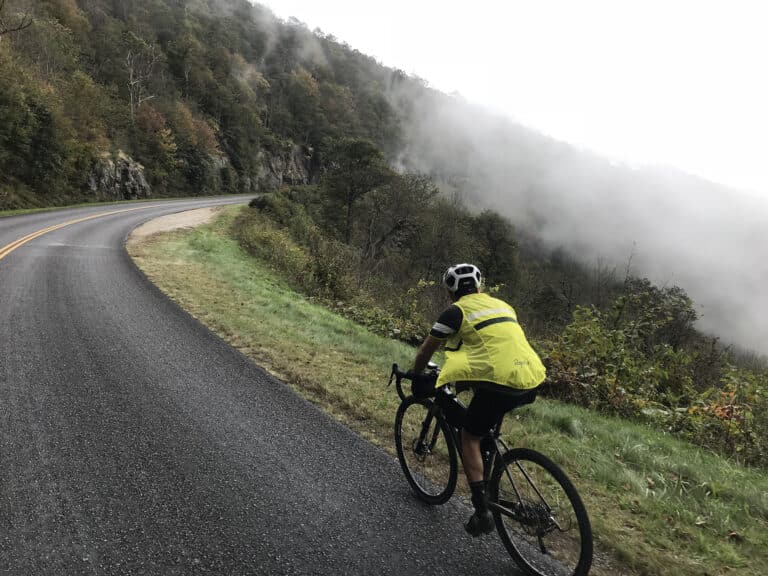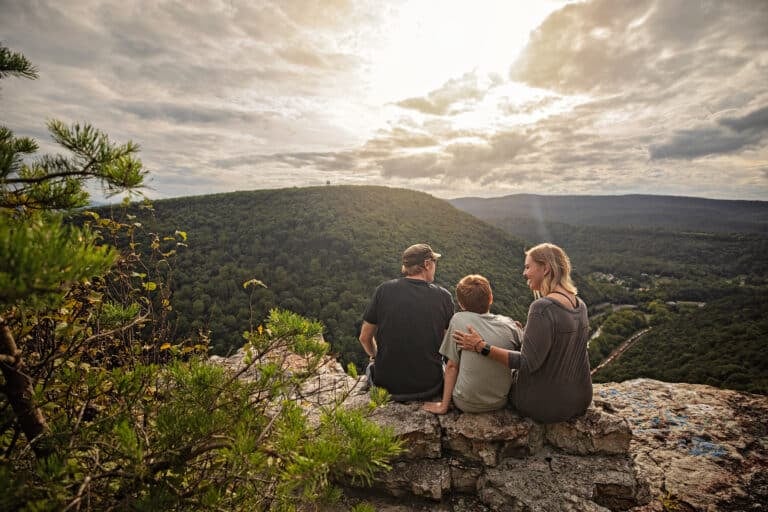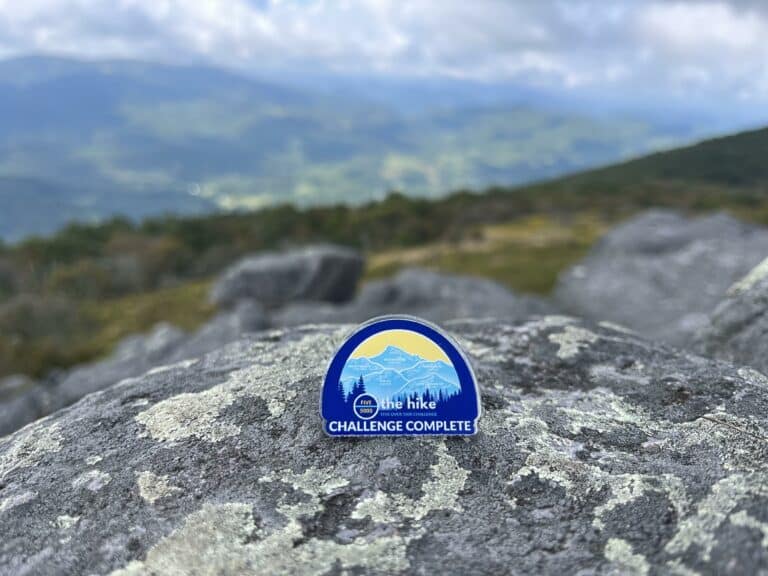Want your kids to be happy adults? Get them outside as children.
A recent study published in the journal PNAS found that growing up near vegetation is associated with an up to 55 percent lower risk of mental health disorders in adulthood. The study is the largest ever look at the association between mental health and green spaces. Researchers at Denmark’s Aarhus University combined satellite imagery dating back to 1985 with health and demographic data from one million people in the Danish population to understand the effects of how access to nature impacts our mental health. After accounting for socioeconomic factors, researchers found that growing up near green space reduced the risk for mental illness anywhere from 15 to 55 percent, depending on the specific illness. “Green space seemed to have an association that was similar in strength to other known influences on mental health, like history of mental health disorders in the family, or socioeconomic status,” said Kristine Engemann, the biologist who led the study.
Duke Energy to fight N.C. coal ash cleanup order
Duke Energy is fighting its order from the DEQ to dig up all of its coal ash from unlined storage bins where toxic chemicals like mercury, lead and arsenic are leaking into local water supplies. Duke is challenging the order, saying that the DEQ did not consider all of the scientific evidence when it ordered the energy giant to clean up the coal ash from six storage basins deemed low-risk, which the company would prefer to cover with a waterproof cap. Duke has 14 coal ash sites around the state of North Carolina and projects that the cost of digging up the coal ash at 8 of them will cost $5.2 billion. Excavating the additional six coal ash storage bins could raise the total cost to $10 billion, a price that Duke isn’t willing to pay without a fight. Last year the North Carolina Supreme Court ruled that Duke could collect $545 million in cleanup costs from its customers rather than its shareholders.
Scientists have successfully sequenced the genomes of coastal redwoods and giant sequoias
The first step of a five-year project to develop the tools necessary to study the forests’ genomic diversity has been achieved with the successful mapping of genomes from coastal redwoods and giant sequoias. The coast redwood genome is the second largest ever mapped and is nine times larger than the human genome. The hope is that sequencing the genomes of these giant trees will lead to conservation and restoration opportunities for the species. Scientists say that the redwood forest is not healthy and that having the resources that a medical doctor has for their human patients will help make the trees healthy again. Over the past 150 years, over 95 percent of the ancient coast redwood range and one-third of the giant sequoia range have succumbed to logging. For the record, the largest genome ever mapped belongs to the axolotl, a North American salamander.








